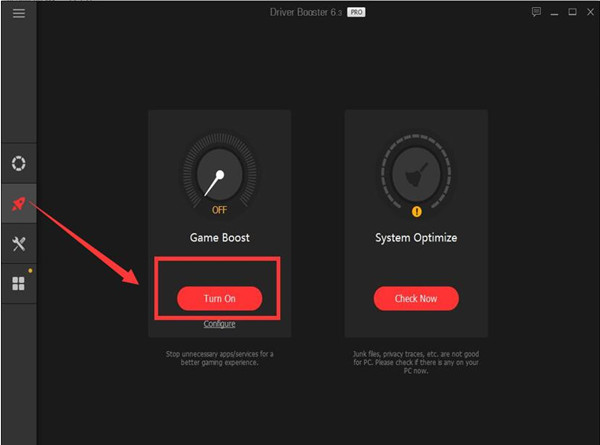


"We haven’t needed both arms yet, primarily because we have the advantage of steady paychecks and the lack of strict bedtimes at our immediate disposal. This was like "effectively giving cheaters a much-needed, twelve-stroke handicap," Riot said in a February blog post. With that more privileged access to the system, those kernel-level cheating tools could make themselves look completely legitimate to user-level anti-cheat tools (which have more limited visibility into the inner workings of the OS). The old anti-cheat system gave cheaters a big advantage, Riot says, since those cheaters could use code-signing holes or Windows corruption exploits to create cheating software that runs at the kernel level. That's a big change from Riot's pre-Vanguard anti-cheat systems, which operated entirely at the more common "user mode" level, just like most Windows executables.

While the Vanguard anti-cheat client only launches when Valorant is being played, Riot says the system also makes use of a "kernel mode driver" that starts operating as soon as Windows boots up. But Riot's new Vanguard anti-cheat system-which involves a kernel-level driver that has very low-level access to your system-is raising some eyebrows among both players and security experts. Further Reading Valorant closed beta: The tactical hero shooter I never knew I wantedIn the ever-evolving cat-and-mouse battle between cheaters and game developers, Riot Games is taking expanded measures to protect legitimate players in its new tactical combat game Valorant.


 0 kommentar(er)
0 kommentar(er)
